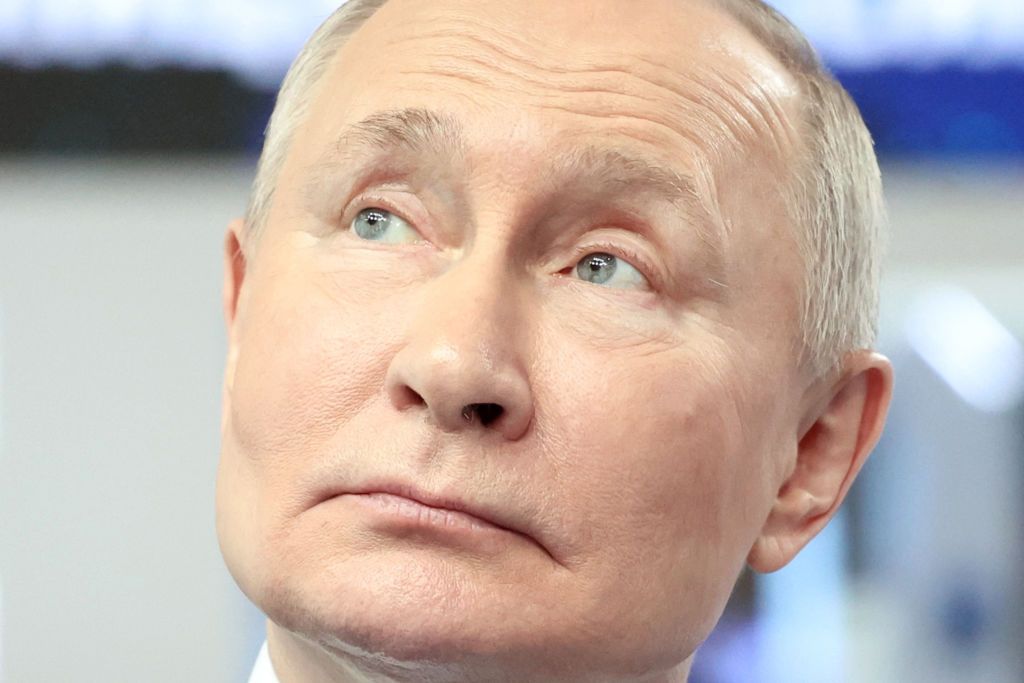Russia says recent US-Finland defense cooperation deal won't go 'unanswered'

The U.S.-Finland bilateral defense cooperation deal signed on Dec. 18 "threatens the security of the Russian Federation" and will not go "unanswered," said Russian Foreign Ministry spokesperson Maria Zakharova on Dec. 19.
Last week, Helsinki announced the deal, which strengthens mutual defense ties and gives the U.S. access to 15 Finnish military facilities, including four air bases and one naval base.
"When it goes into effect, our militaries will be able to collaborate more efficiently and more effectively. Our troops will have more opportunities to train together, and we will bolster NATO's interoperability," said U.S. Secretary of State Antony Blinken at the signing ceremony.
A defense agreement with NATO member Norway was updated last year, and the U.S. also signed a new deal with Sweden, which is currently seeking alliance membership, earlier in December.
Zakharova said the Finnish ambassador to Russia had been summoned as a result of the announcement.
She said that the "buildup of NATO military potential" on Russia's border was a threat and claimed that the deal would allow for the possible deployment of U.S. nuclear weapons on Finnish soil.
Russia will "take the necessary measures to counter the aggressive decisions of Finland and its NATO allies," Zakharova said.
Russian president Vladimir Putin also threatened Finland on Dec. 17, saying that the country is "going to have problems" because it joined NATO.
Finnish officials have explicitly refuted the notion that U.S. nuclear weapons could be placed in Finland as part of the deal.
Finland has long had a policy of neutrality towards Russia despite being invaded by the Soviet Union in the 1940s and losing around 10% of its territory. Russia has never returned the territory.
The policy was reversed after the beginning of Russia's full-scale invasion of Ukraine, with dramatic shifts in public support among Finns for joining the alliance.
Finland officially joined NATO on April 4, 2023. Sweden, which has also applied to join the alliance in May 2022, has seen its ratification delayed by both Turkey and Hungary.













